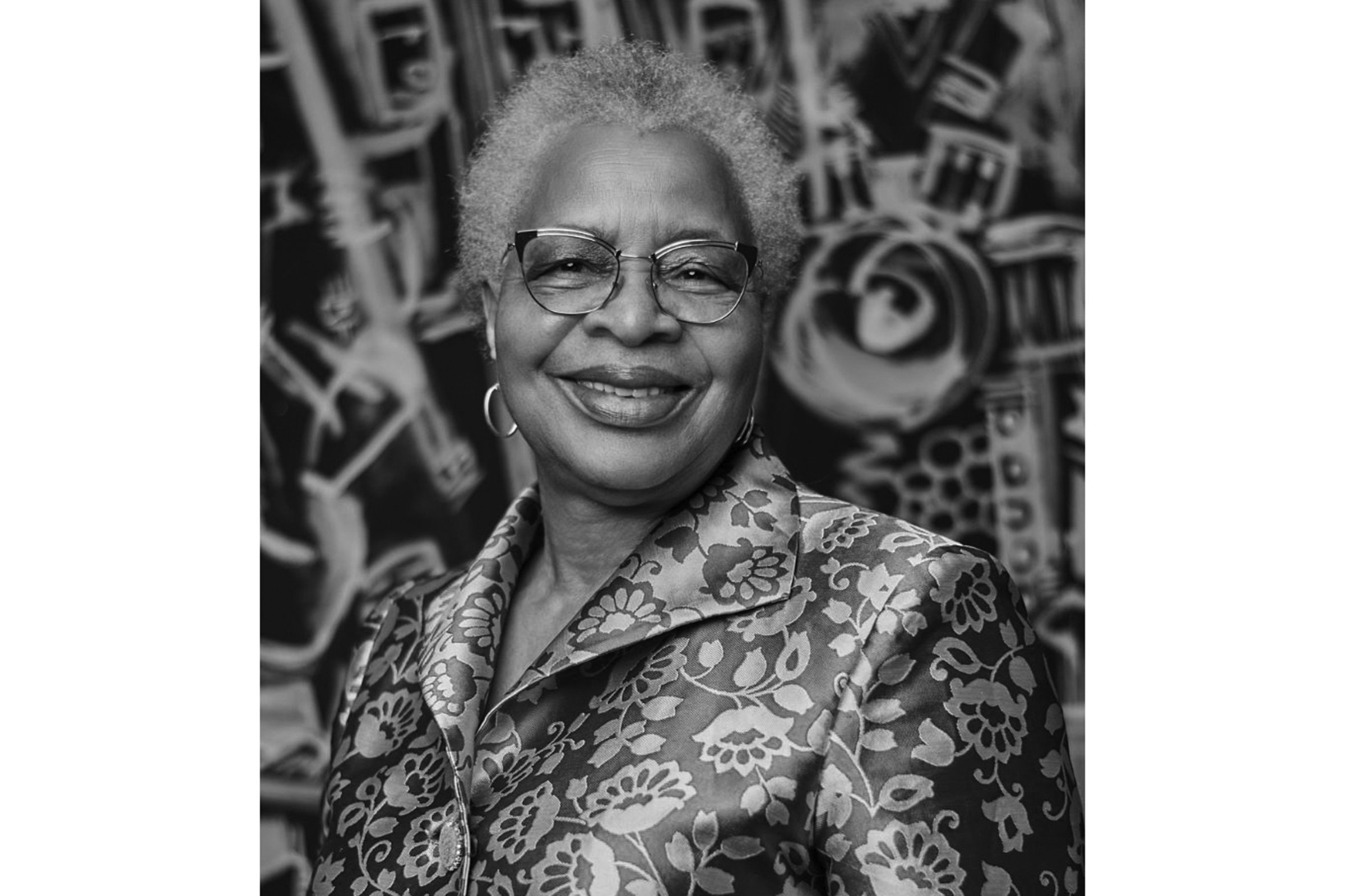
It’s become something of a cliche to attribute some of the greatness of a man to the woman standing at his side. With Graça Machel that would apply twice, first as the widow of Mozambique’s revolutionary first President, Samora Machel, then as the third wife of South African leader Nelson Mandela. But the impact of Machel’s work as a lifelong advocate for women and children’s rights spreads far beyond the men who have stood by her side.
As Mozambique’s first female cabinet member, Machel, a freedom fighter in the country’s liberation movement, presided over the young nation’s education ministry for 14 years, following independence from Portugal in 1975. The position brought tremendous responsibility—she was acutely aware that every decision she made would affect the future of millions of Mozambican schoolchildren—as well as visibility. “Those who still doubt the capacity of women, when they see women in positions of power performing in an excellent way, then they will recognize and value women in general,” she tells TIME on a video call from Seoul, South Korea.
As education minister, Machel saw school enrollment nearly double to include most of the nation’s boys, and 75% of the girls. It was that gap that set her on a trajectory to promote the rights of women and girls, starting with a campaign to foster girls’ education across Africa, followed by another to end child marriage. Challenges remain, she says, but there is now a United Nations resolution against child marriage, and today there are more girls than ever in schools, and in some universities, “we have more girls than boys.”
In 1994, the United Nations’ Secretary General appointed Machel to investigate the impact of armed conflict on children. Her searing 1996 report, based on interviews with children, their families, and humanitarian workers, helped establish international child protection standards and paved the way for a U.N. resolution condemning the recruitment of child soldiers.
A founding member of The Elders, a consortium of global leaders working for peace, justice, and human rights, Machel now uses her influence to diffuse some of the world’s most intractable conflicts. But the struggle for women’s equality takes priority in her life, due to her own early opportunities. “As a woman in a position of influence, you have an obligation to do whatever you can to make sure that the other women out there, who find it much harder to exercise their rights, can climb that ladder as well,” she says.
“Equality is not a women’s issue. It is a societal issue,” Machel says. Especially in Africa, where women are still under-represented at every level of top leadership positions, including on the corporate ladder. African nations will not succeed without equality, she says. “The secret of overcoming Africa’s developmental issues lies on transforming the fates of its women. By liberating women, the explosion of power, the explosion of energy, the explosion of creativity, will exponentially influence our continent. There is no huge transformation in Africa without transforming the lives and the status of women.” With her work in child protection and education, she has already given them a head start.
More Must-Reads from TIME
- Cybersecurity Experts Are Sounding the Alarm on DOGE
- Meet the 2025 Women of the Year
- The Harsh Truth About Disability Inclusion
- Why Do More Young Adults Have Cancer?
- Colman Domingo Leads With Radical Love
- How to Get Better at Doing Things Alone
- Michelle Zauner Stares Down the Darkness
Contact us at letters@time.com